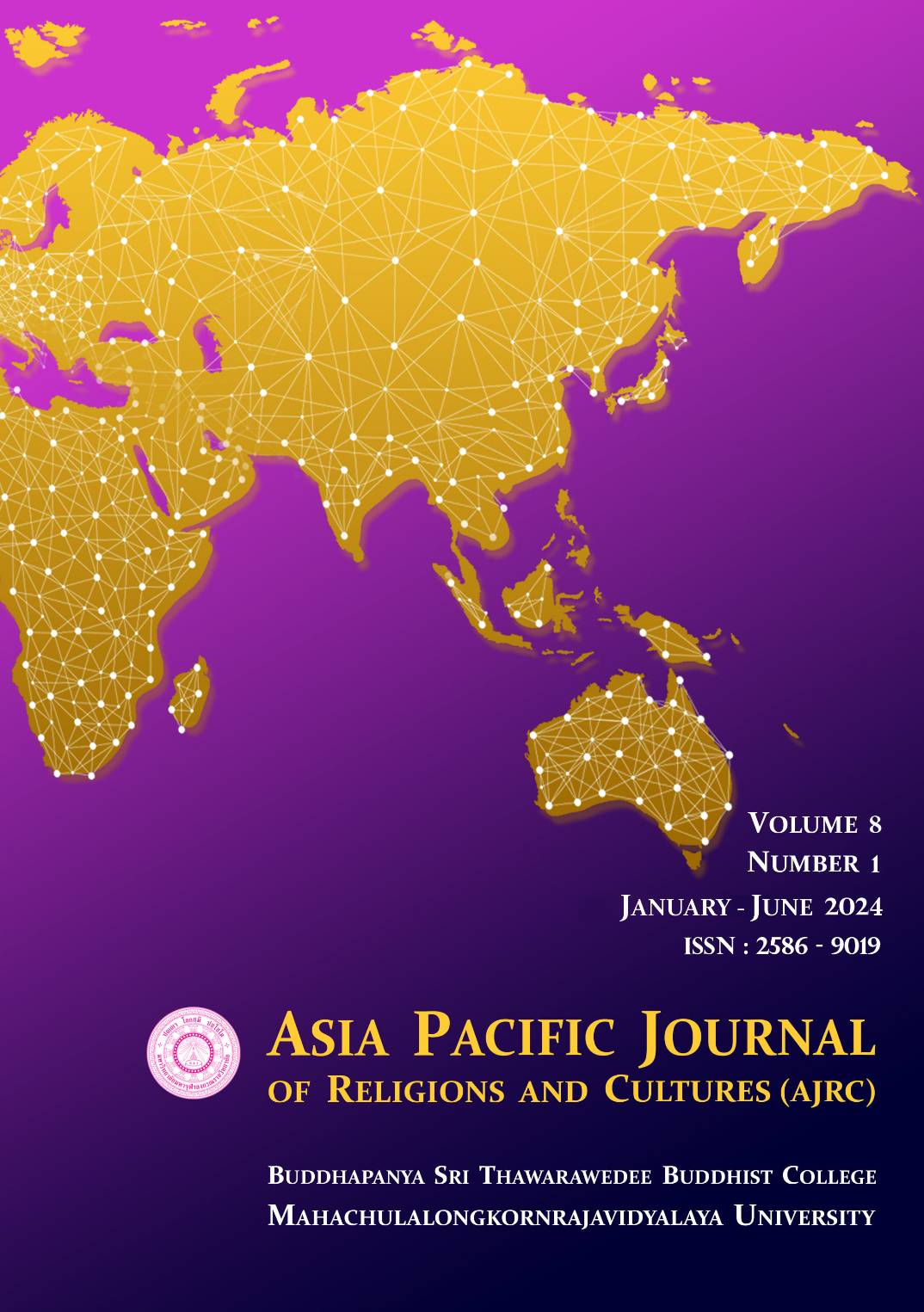Strategy Development of Leisure Sports to Promote the Quality of Life for Putian University Students
Main Article Content
Abstract
Preliminary discussion on the study of leisure sports development strategies that improve the quality of life of college students in Putian. Methods: Random sampling methods are used in four grades. Fill in the "Questionnaire of the Quality of College Students in Putian City" and "Questionnaire on Putian University Student Leisure Sports Development Methods". A total of 379 valid questionnaires were recovered according to the Krejci & Morgan scale. Use SPSS software for statistical analysis and processing. Suggestions: According to the characteristics and habits of college students, we will propose corresponding countermeasures from the perspective of the reform of college physical education teaching. It is recommended to promote the "leisure sports lifestyle education" suitable for Putian universities to correctly guide college students to form a healthy lifestyle. College students of different disciplines should learn from each other to take advantage of their strengths. At the same time, students also need more attention to social, family, schools and other aspects to improve the quality of life of college students.
Article Details

This work is licensed under a Creative Commons Attribution-NonCommercial-NoDerivatives 4.0 International License.
References
Bang, H, Wonand, D & Park, S. (2020). School engagement self-esteem and depression of adolescents: The role of sport participation and volunteering activity and gender differences. Children and Youth Services Review,113:105-112.
Campbell (1976): The Quality of American Life. New York: Russell Sage Foundation, 1976.
Guo Jincai, Wang Xiuhua, Lin Wenhuang (2009). Research on the participation motivation, leisure benefit, quality of life and academic achievement of college students ' sports associations. Zhongzheng Sports Journal, 2, 47-60.
Huang Shiyi (2006). professional women 's sports leisure participation in self-management and quality of life related research. National Sports University, Taoyuan City.
Wu Yide, Hu Qiaoxin (2010). Relationship between leisure sports behavior and health-related quality of life in middle-aged and elderly people. College Sports Academic Journal, 53-572.
Wendlandt, M, & Wicker, P. (2021). The effects of sport activities and environmentally sustainable behaviors on subjective well-being: A comparison before and during COVID-19. Frontiers in Sports and ActiveLiving,3,659837.1659837.14.
Yang Sijia (2021). Research on College Students ' Sports Fitness Consumption Behavior. Sports vision, (12): 33-34.
Yao Kaiping (2002). Quality of life development and application of the World Health Organization. Sports Journal, 6 (3): 193-200.


